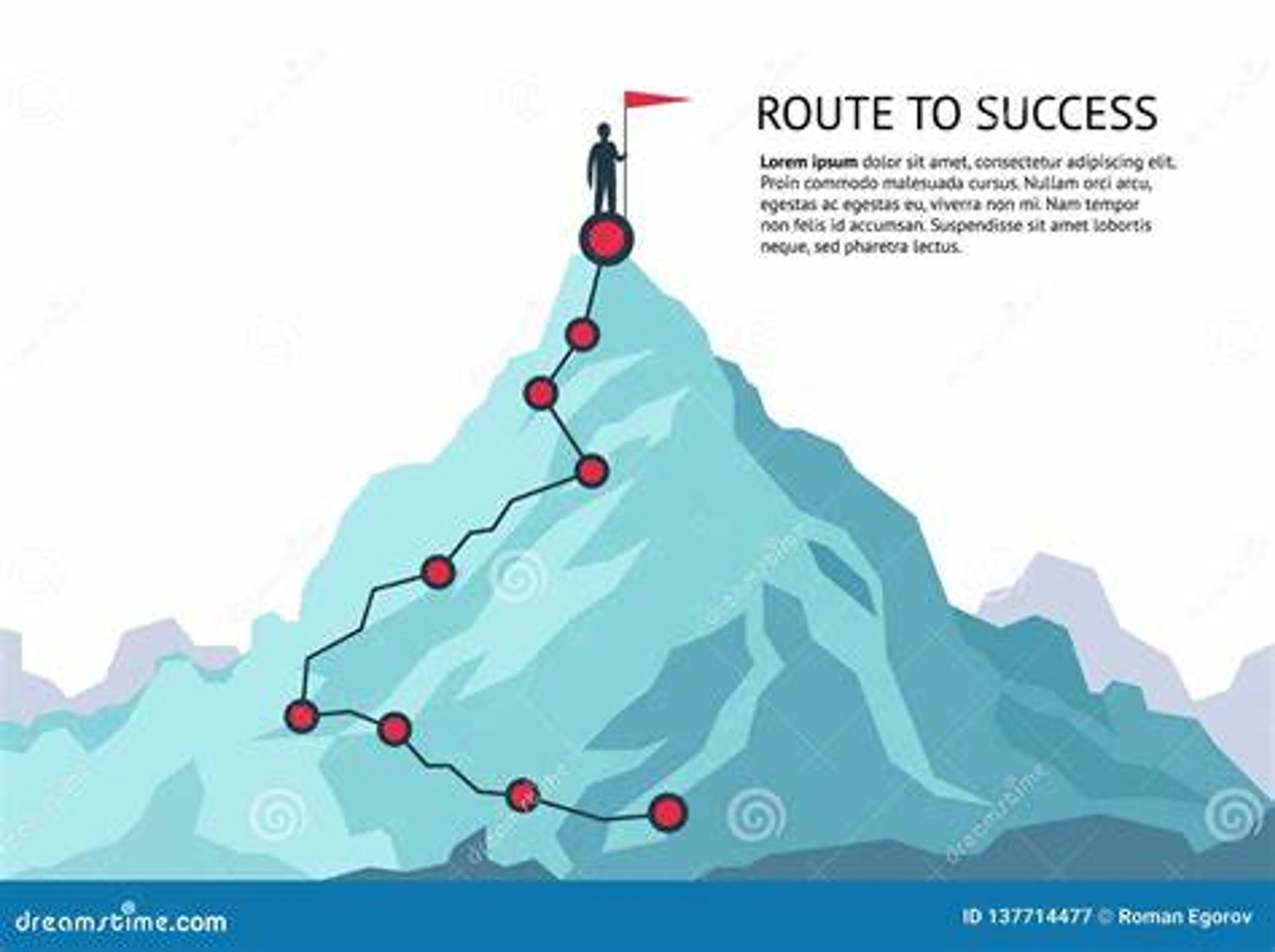Introduction
Setting and achieving goals is a fundamental aspect of personal development. Goals provide direction, motivation, and a sense of purpose in life. They act as a roadmap, guiding individuals toward their desired future. In this essay, we will delve into the importance of goal setting in personal development, explore effective strategies for setting and achieving goals, and highlight the role of perseverance and adaptability in the pursuit of success.
The Significance of Goal Setting
Goal setting is the process of defining specific, measurable, achievable, relevant, and time-bound (SMART) objectives that you aim to accomplish. It serves as a compass that keeps you focused on what truly matters in your personal and professional life. Without clear goals, it's easy to drift aimlessly and miss out on opportunities for growth and fulfillment.
Motivation and Direction
One of the primary benefits of setting goals is that they provide motivation. When you have a clear target in mind, you are more likely to stay driven and committed to your personal development journey. Goals give you a sense of purpose and direction, making it easier to overcome obstacles and stay on course.
Clarity and Focus
Setting specific goals helps you gain clarity about what you want to achieve. It forces you to define your priorities and allocate your time, energy, and resources accordingly. By focusing on your goals, you can avoid distractions and make efficient use of your efforts.
Achieving Your Goals
While setting goals is essential, achieving them requires a well-thought-out plan and consistent effort. Here are some strategies to help you turn your goals into reality:
Break Down Your Goals: Large goals can be overwhelming. Break them down into smaller, manageable tasks. This makes the path to success less daunting and allows you to track your progress.
Create a Plan: Develop a clear and actionable plan for each goal. Outline the steps you need to take, deadlines, and resources required. Having a plan in place increases your chances of success.
Stay Committed: Commitment is crucial. You may face setbacks and challenges, but staying committed to your goals will help you persevere through tough times.
Monitor Your Progress: Regularly assess your progress. This helps you stay accountable and make necessary adjustments to your plan if needed.
Celebrate Achievements: Celebrate your accomplishments, no matter how small. Acknowledging your successes along the way boosts your motivation and keeps you engaged in the process.
Perseverance and Adaptability
Personal development is not always a linear journey. There will be obstacles, setbacks, and unexpected changes along the way. Perseverance and adaptability are key qualities that will see you through challenging times.
Perseverance means staying committed to your goals even when faced with adversity. It's the ability to bounce back from failures and keep moving forward. Remember that setbacks are opportunities for learning and growth.
Adaptability involves being open to change and adjusting your goals and strategies as circumstances evolve. Flexibility is a valuable skill in personal development, as it allows you to respond effectively to unexpected challenges and seize new opportunities.
Conclusion
In conclusion, goal setting is a cornerstone of personal development. It provides motivation, direction, and focus, guiding individuals toward success and fulfillment. However, achieving your goals requires more than just setting them; it demands commitment, planning, monitoring, and the ability to persevere and adapt. With the right mindset and strategies, you can create a personal development roadmap that leads to a brighter and more fulfilling future. Remember that your goals are not set in stone; they can evolve as you grow and change. Embrace the journey, celebrate your successes, and keep striving for the best version of yourself.

